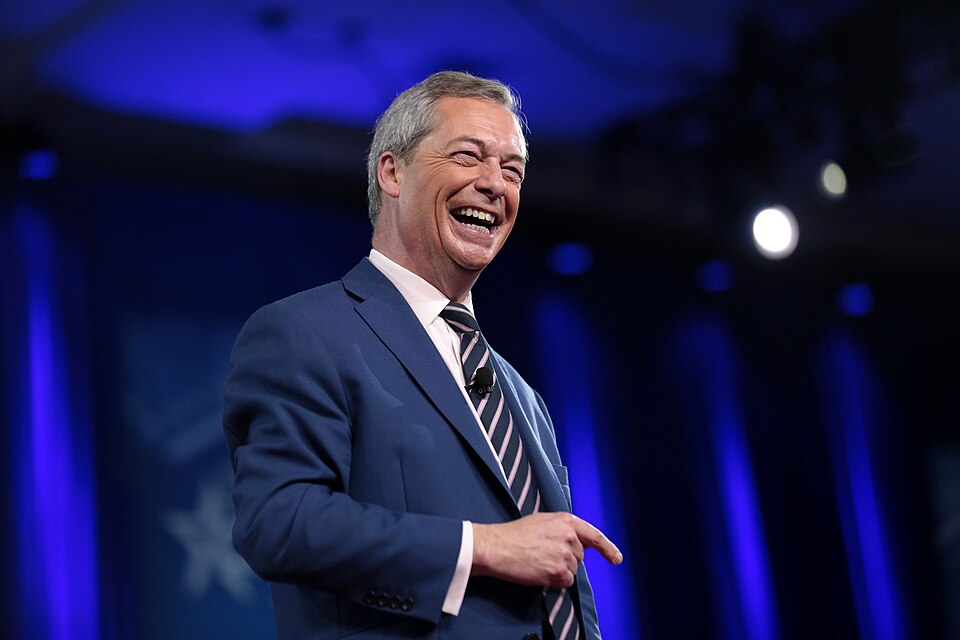
Reform UK leader Nigel Farage is facing a major test in the UK’s local elections this Wednesday, as his party attempts to capitalize on growing support and position itself as a serious
national force.
Farage, a long-time champion of Brexit and former leader of UKIP and the Brexit Party, finally entered Parliament in 2024 after eight failed attempts, winning the Clacton seat. Under his leadership, Reform UK currently holds four seats in the House of Commons and secured 14% of the vote in last year’s general election.
Recent polls suggest the party's support now rivals, or even surpasses, that of both the governing Labour Party and the Conservatives.
“We intend to completely change British history and win it,” Farage declared, setting his sights on the next general election, due by August 2029.
Populist platform, familiar controversies
Farage has anchored his platform on strict immigration controls, national sovereignty, and government efficiency—drawing parallels with Donald Trump’s political style in the U.S. He has even proposed creating local versions of a "Department of Government Efficiency," inspired by Elon Musk's reforms in the U.S.
“You bring the auditors in, cut the waste, end work from home — boom, gone,” Farage told supporters.
Reform UK appeals to working-class voters disillusioned with Labour and socially conservative former Conservative supporters. While some Tories have floated the idea of an electoral alliance, Farage has dismissed it outright, claiming the Conservative Party will be “so small by then it won’t matter.”
Mainstream parties on alert
Farage’s rise is worrying both Labour and the Conservatives. Political analyst Tim Bale of Queen Mary University of London warns that a strong performance from Reform could push mainstream parties to adopt harder positions on immigration, hoping to mimic Reform’s appeal.
“That would be a mistake,” Bale cautioned. “Across Europe, copying the far right rarely works. Voters tend to prefer the original.”
A divisive figure
Though Farage is Reform UK’s most recognizable figure, his controversial statements continue to polarize. Critics accuse him of inflaming tensions after he falsely suggested police covered up the identity of a stabbing suspect last summer—claims that helped trigger riots.
His harsh rhetoric on immigration has also drawn condemnation, particularly comments about migrants coming from cultures "alien to ours."
Reform UK has experienced internal conflicts reminiscent of Farage’s earlier parties, but efforts are underway to present a more polished and professional image. Farage’s close association with Donald Trump—who remains unpopular in the UK—could pose a challenge, prompting him to distance himself from some of Trump’s more extreme proposals.
As votes are cast in local elections, all eyes will be on whether Farage can convert national attention into lasting political power. Photo by Gage Skidmore from Peoria, AZ, United States of America, Wikimedia commons.




































